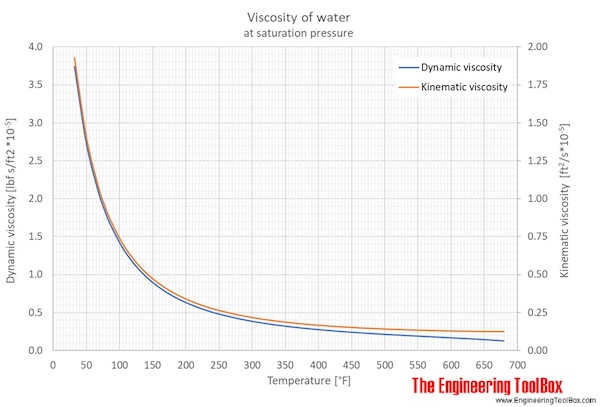

When selecting a high VI or multigrade fluid, it is recommended that the hydraulic component manufacturers’ minimum permissible viscosity values (Table 1) be increased by 30 percent to compensate for VI improver sheardown. The high shear rates and turbulent flow conditions often present in hydraulic systems destroy the molecular bonds of the VI improvers over time, resulting in loss of viscosity. This is not ideal, particularly in mobile hydraulic systems which have a small reservoir with poor deaeration characteristics. The viscosity index (VI) improvers used to make multigrade oils can have a negative effect on the air separation properties of the oil. There are some concerns when using multigrade fluids in hydraulic systems. This means that under certain conditions, the use of a multigrade can reduce the power consumption of the hydraulic system.įor mobile hydraulic equipment users, this translates to reduced fuel consumption. If fluid viscosity can be maintained in the optimum range, typically 25 to 36 centistokes, the overall efficiency of the hydraulic system is maximized (less input power is given up to heat). If the hydraulic system is required to operate in freezing temperatures in winter and tropical conditions in summer, then it will likely need multigrade oil to maintain viscosity within permissible limits across a wide operating temperature range. Typical Minimum Viscosity Values for Hydraulic Components Typical minimum permissible and optimum viscosity values for different types of hydraulic components are shown below. Permissible and optimum viscosity range for the system’s components Maximum expected operating temperature, which is influenced by maximum ambient temperature

Starting viscosity at minimum ambient temperature To choose the right fluid viscosity grade for your particular system, you will need to consider:
#Viscosity of air at 200c how to#
How to Choose the Right Hydraulic Oil Viscosity or Grade If you choose a viscosity grade incorrectly, your hydraulic components will degrade faster than they should. It doesn’t matter how good the other properties of the oil are if the viscosity grade is not matched to the operating temperature range of the hydraulic system where it will be used. Picking the right viscosity grade (sometimes referred to simply as the "hydraulic fluid grade") is the single most important factor when selecting a hydraulic oil or fluid. While it is not possible to make one definitive recommendation that covers all types of hydraulic equipment in all applications, there are a few key questions to ask yourself when selecting a hydraulic fluid. Which oil or fluid you choose depends on your equipment and how you plan to use it. Most hydraulic systems can operate using many different fluids, including multigrade engine oil, automatic transmission fluid and more conventional antiwear (AW) hydraulic oil.


 0 kommentar(er)
0 kommentar(er)
